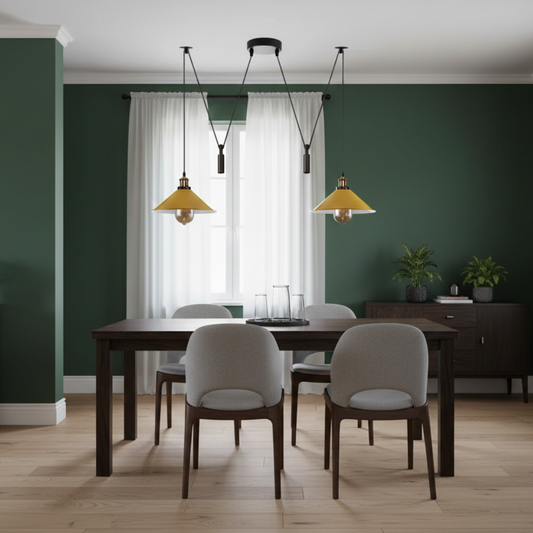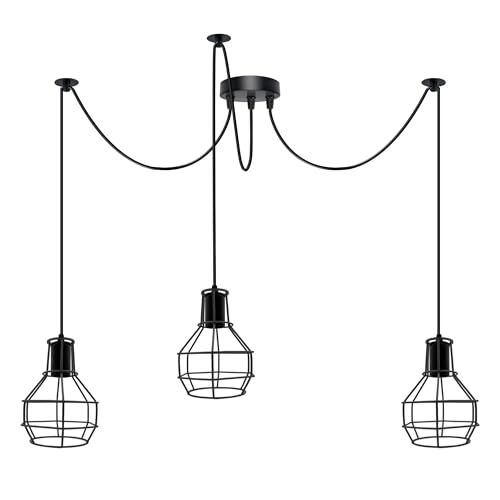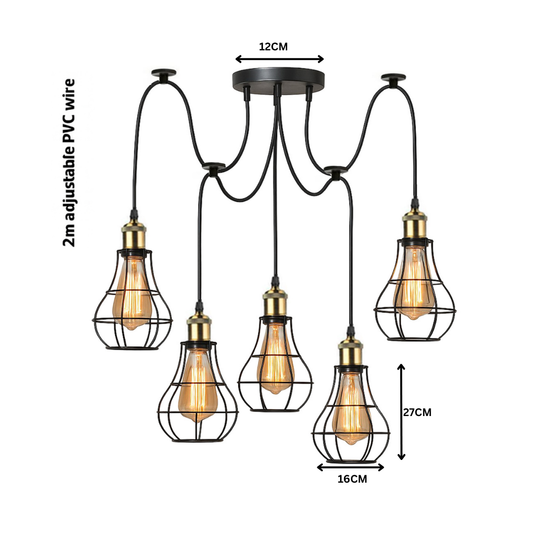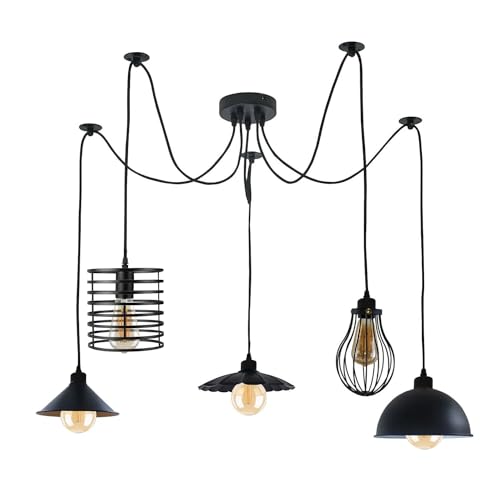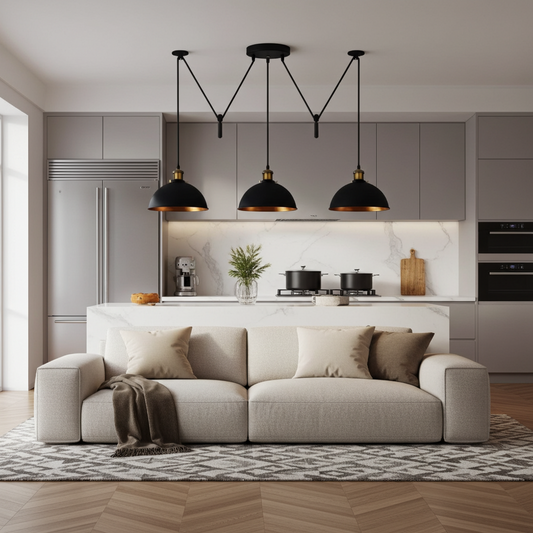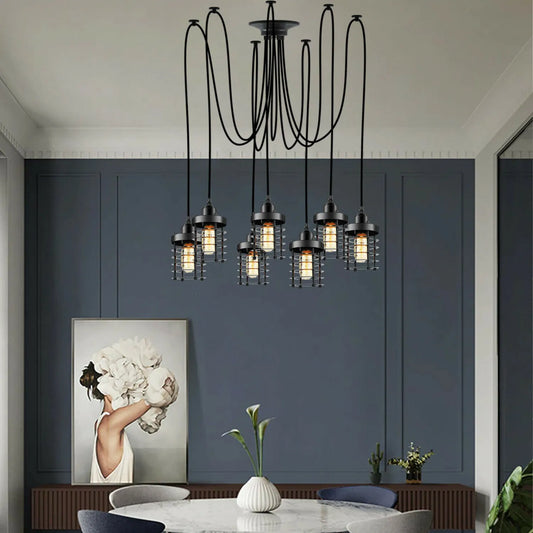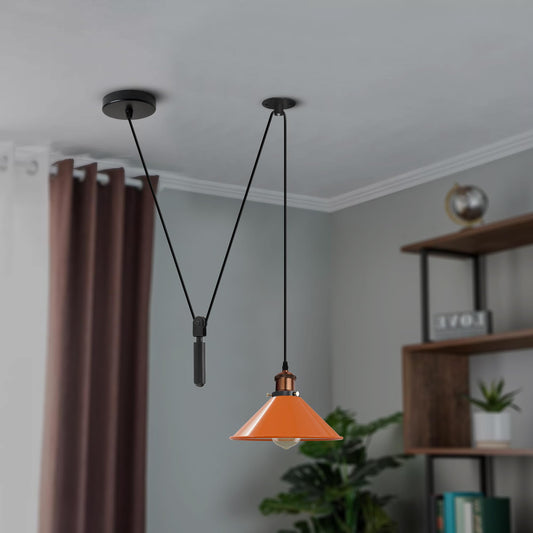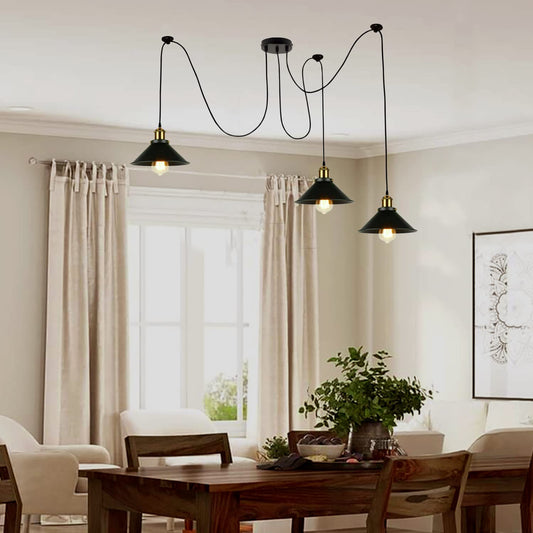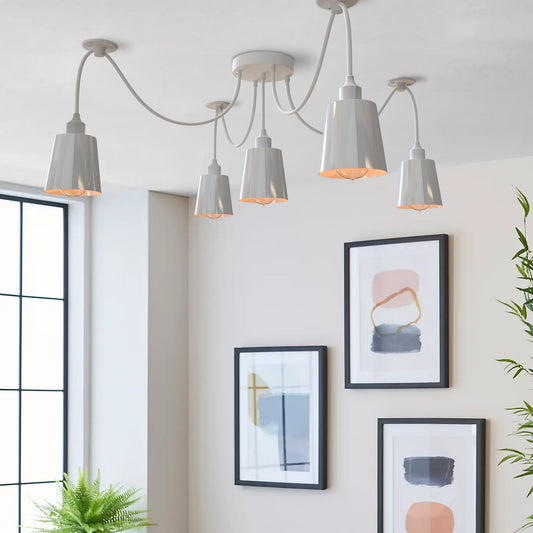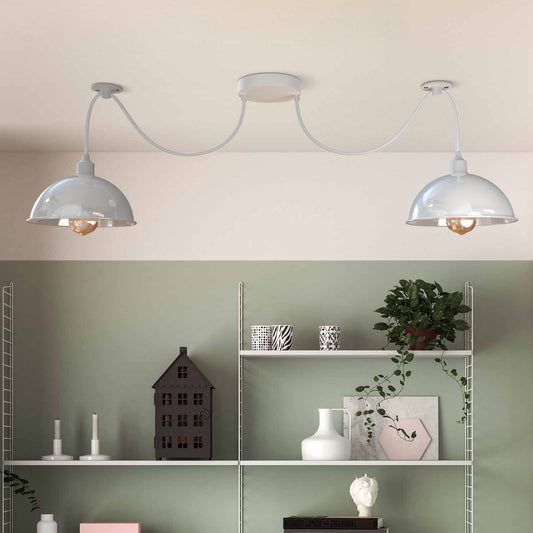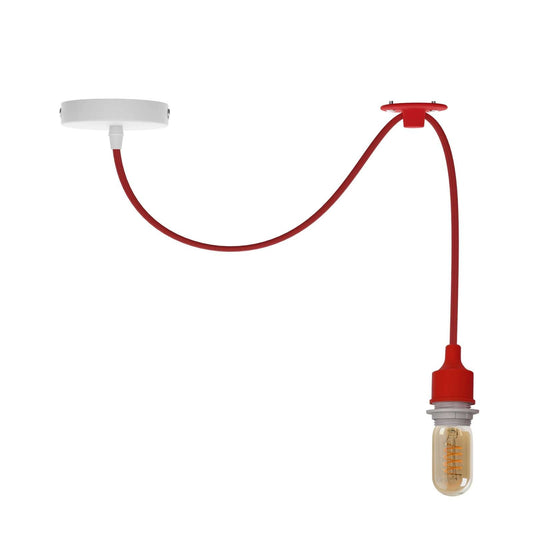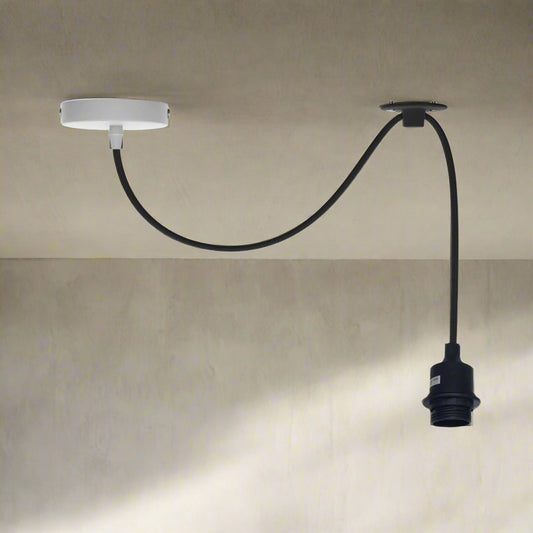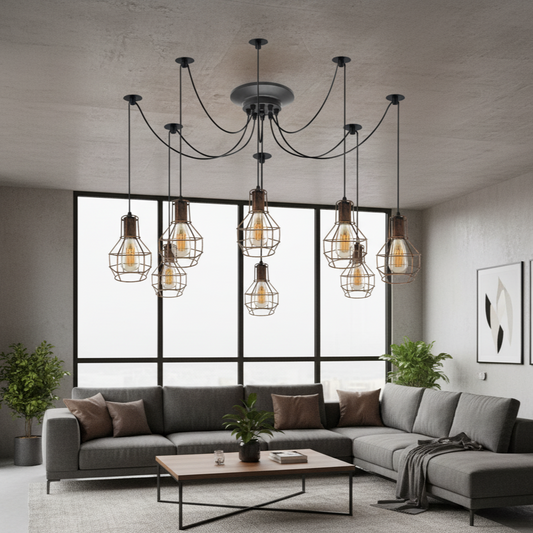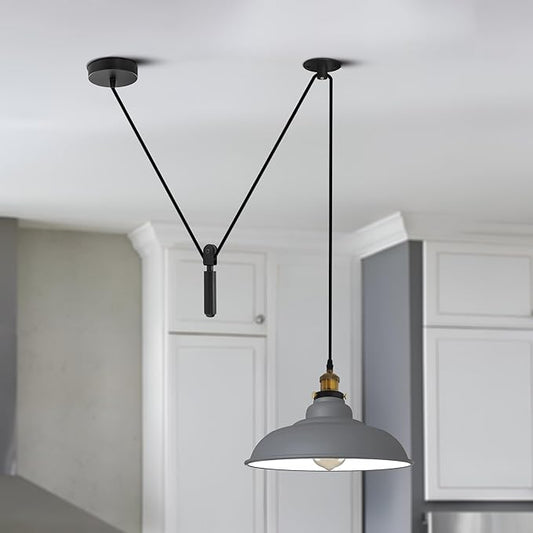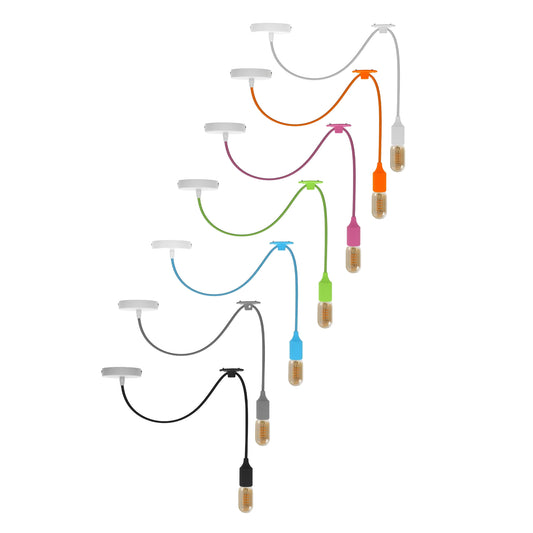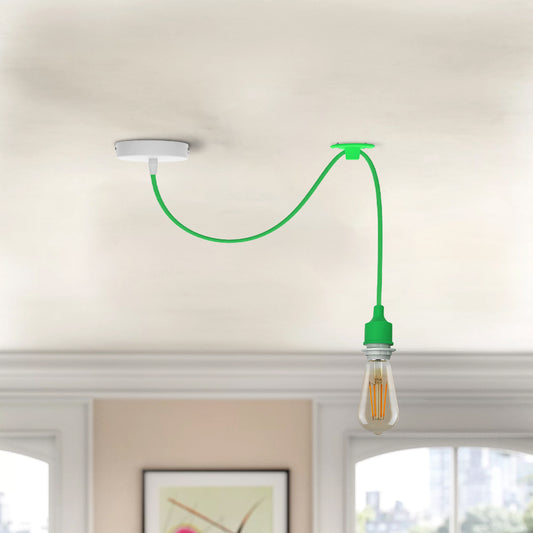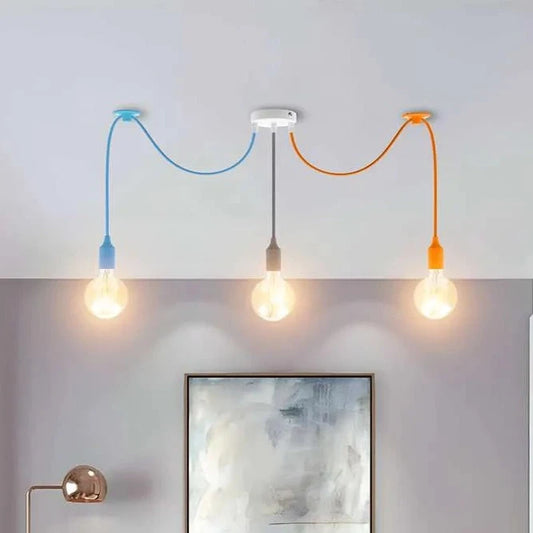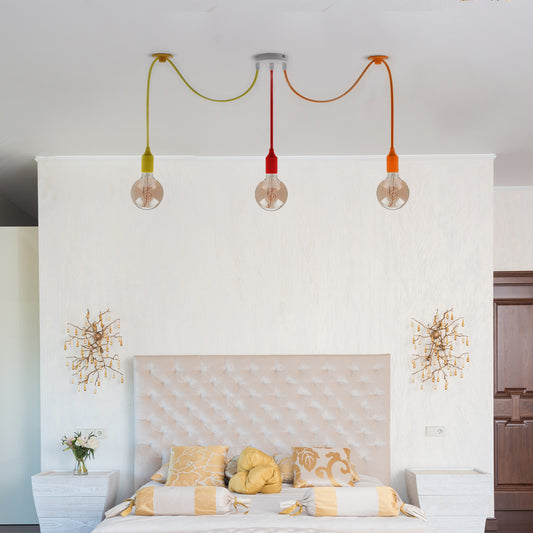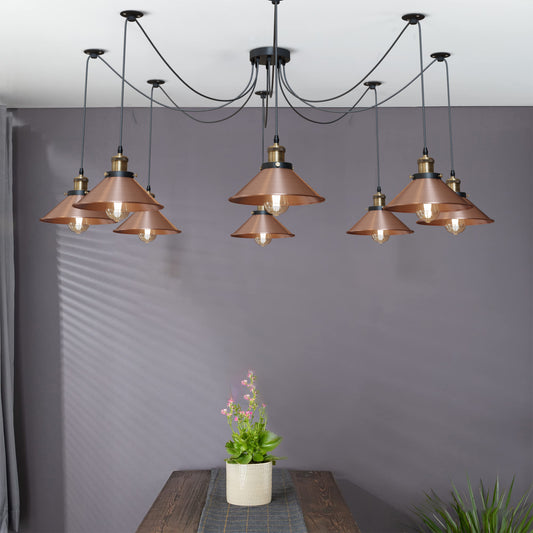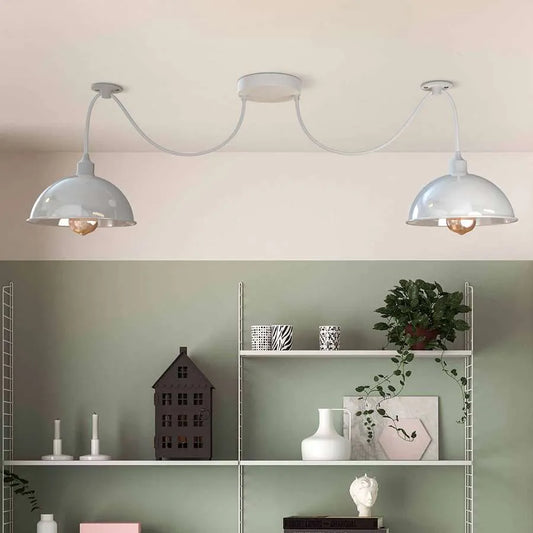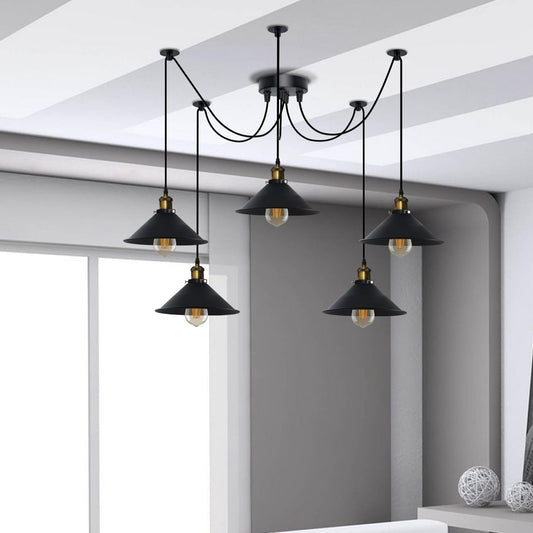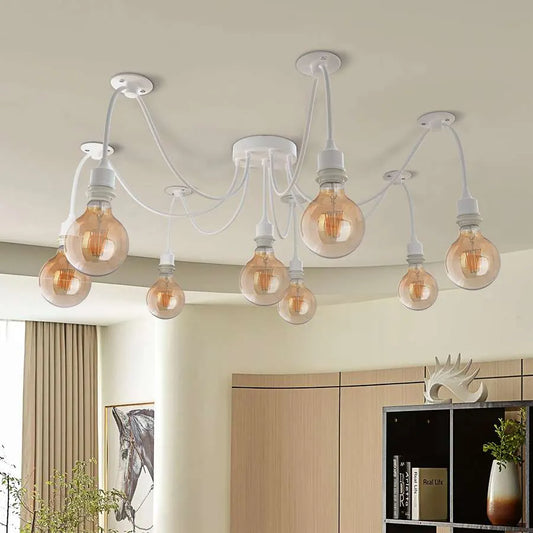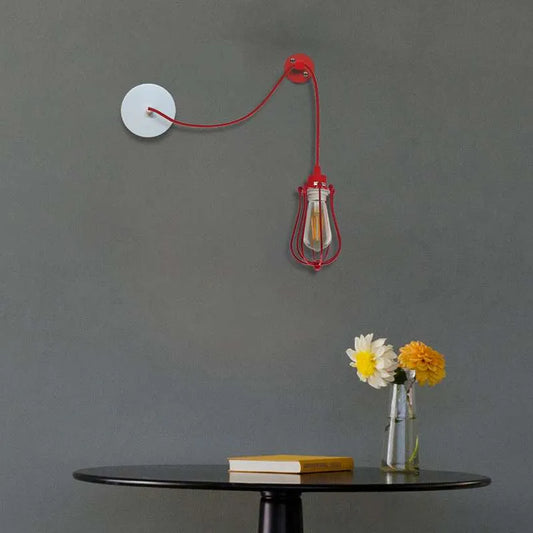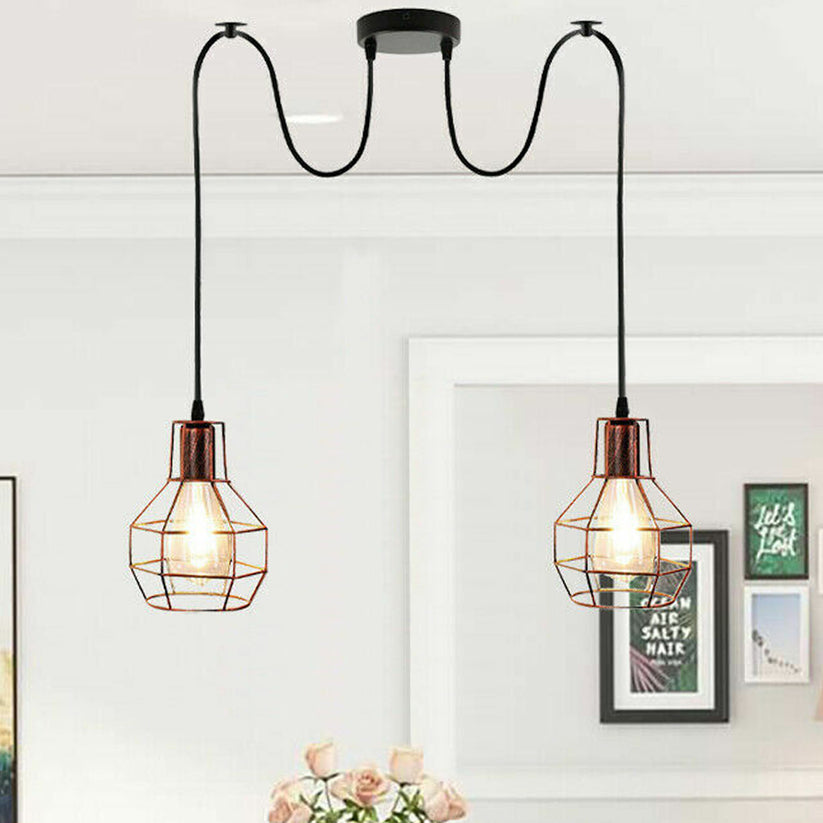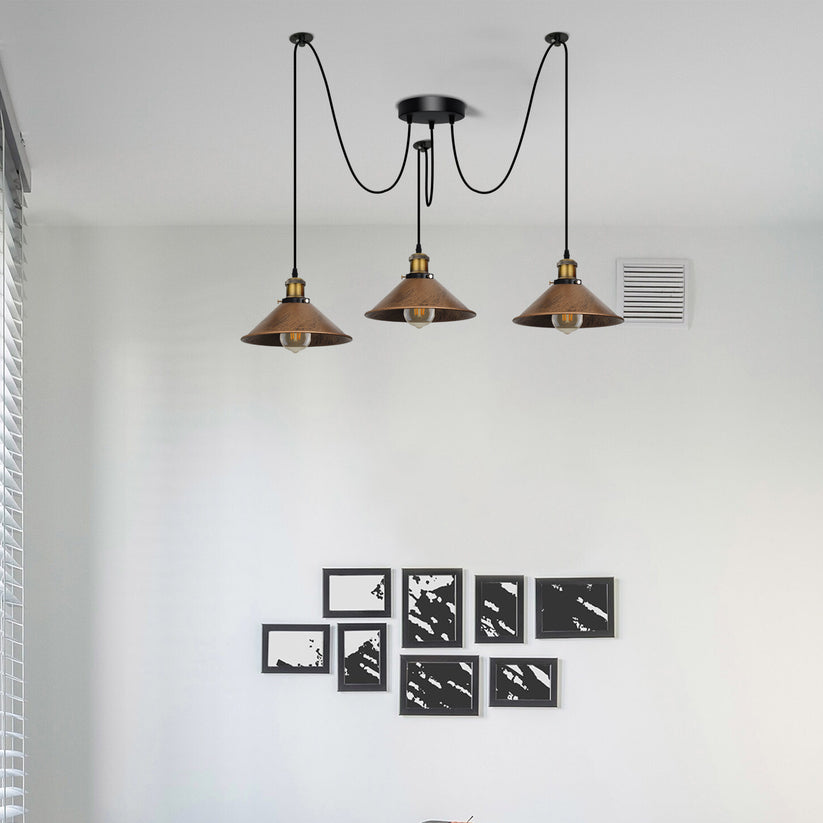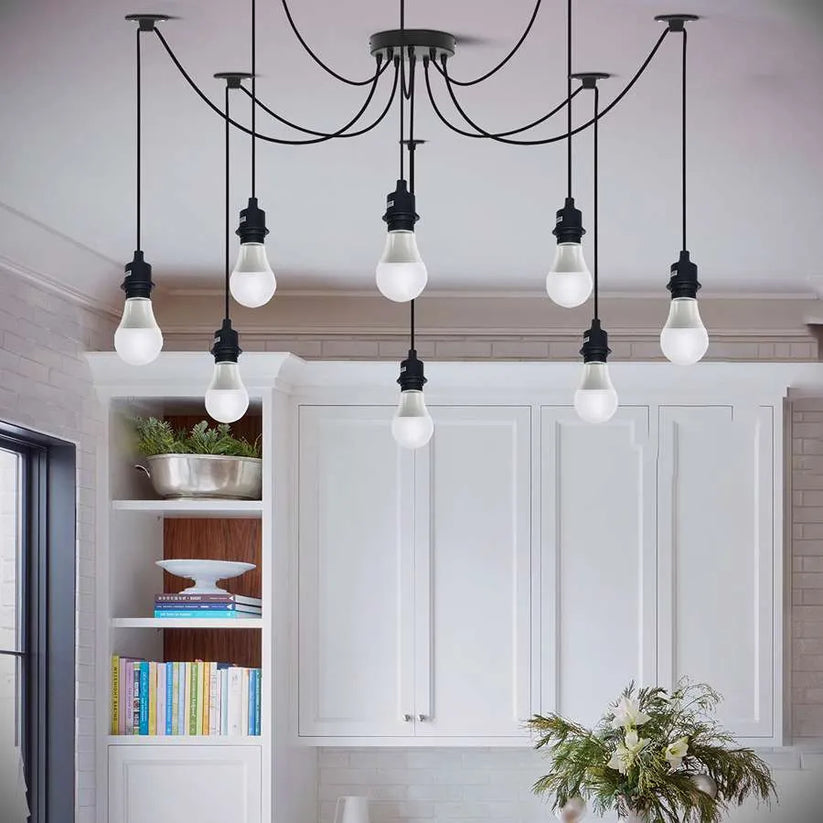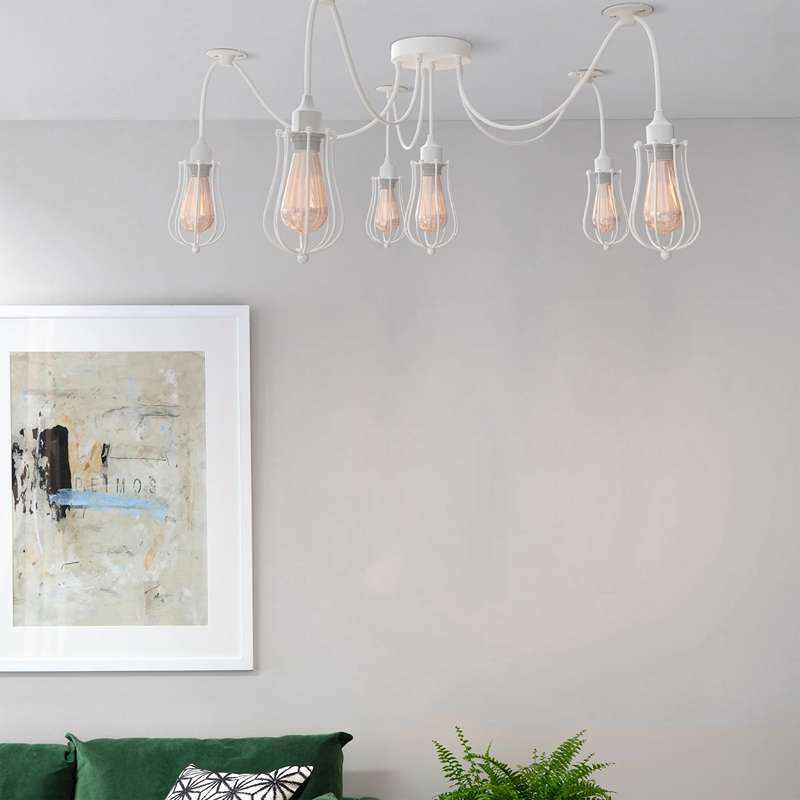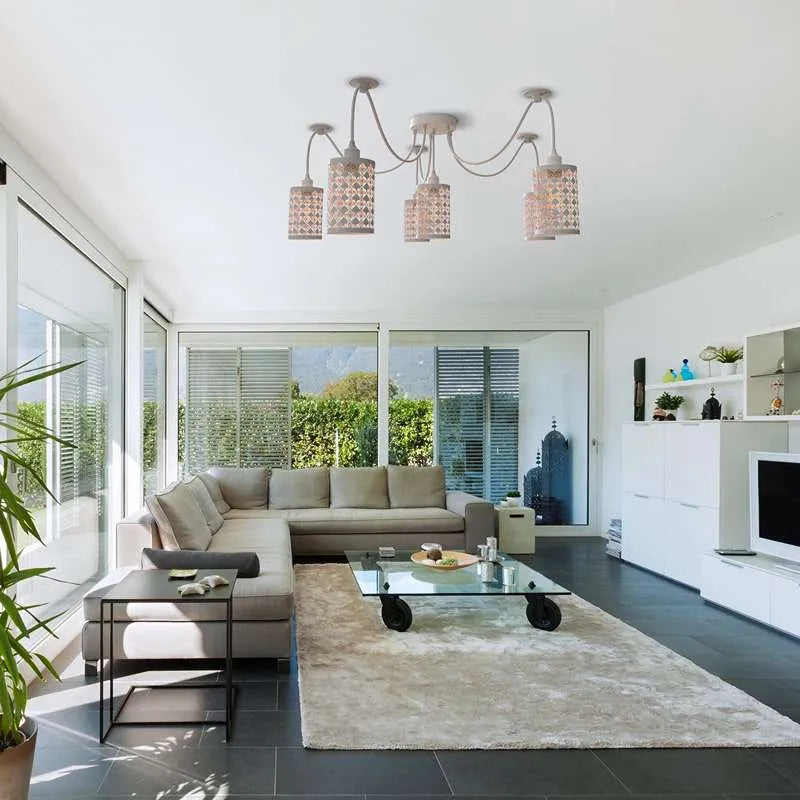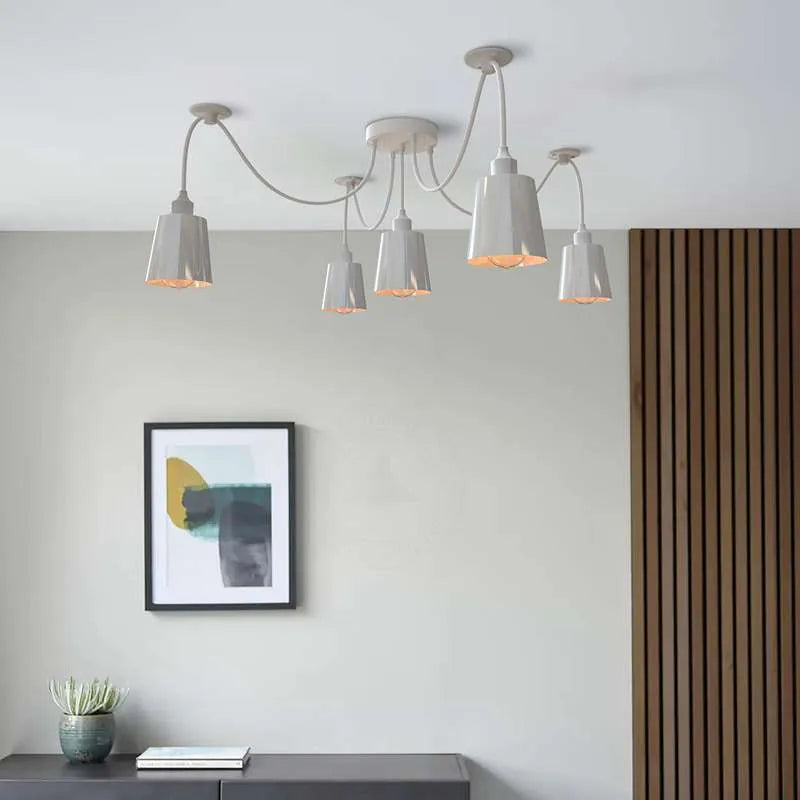What Are Spider Lights?
Spider lights are distinctive lighting fixtures characterized by multiple adjustable arms originating from a central canopy, resembling a spider’s legs. This design isn't just for looks; it provides highly practical, directional lighting, allowing you to aim light precisely where you need it. They are incredibly versatile for various applications, from a dramatic dining room centerpiece to a functional studio light.
History and Evolution
Originally gaining popularity in film and photography for their adaptability, spider lights have evolved significantly. Modern designs now incorporate advanced LED technology, smart features, and a vast array of materials. They are now widely used in residential and commercial events, creative projects, and statement interior design.
Common Uses
- Home Decor: Creating a focal point in living rooms, dining areas, or high-ceilinged entryways.
- Photography: Studio portraits, product shoots, and creative outdoor photography.
- Film: Flexible and effective lighting for various scenes and interviews.
- Events: Dynamic stage lighting, elegant wedding decor, and atmospheric party lighting.
Types of Spider Lights
Spider lights come in various configurations to suit different needs. While they create a bold centerpiece, you can complement your room's design with other fixtures like subtle wall lights or classic pendant lights for a layered effect.
| Type | Description |
|---|---|
| 2-Head | Compact and portable, ideal for small setups or accent lighting. |
| 3-Arm | Offers balanced lighting for medium-sized spaces, a popular choice for dining tables. |
| 5-Arm | Provides extensive coverage, perfect for larger rooms or events. |
| 6-Way | Highly adjustable, suitable for creative lighting setups and large areas. |
| 8-Way | Maximum coverage and flexibility, ideal for professional studios or grand spaces. |
Key Features To Look For:
- Bulb Type: Most modern spider lights use E27 screw bulbs, offering great compatibility with dimmable, smart, or vintage-style LED bulbs.
- Adjustable Arms: Flexible arms or adjustable cable lengths (using ceiling hooks) allow precise positioning.
- Material & Finish: Choose from metal, brass, or chrome finishes to match your decor.
- Durability: Ensure the build quality and ceiling mount are robust enough to support the fixture.
How to Use Spider Lights
Mastering the use of spider lights can transform any space. Here’s how to get the most out of them.
Setting Up for Photography
For photographers, spider lights offer unparalleled flexibility.
- Position the light at a 45-degree angle to the subject for soft, flattering light.
- Use diffusers or aim arms at reflective surfaces to reduce harsh shadows.
Tips for Home & Event Lighting
Whether for interior design or event ambiance, spider lights shine.
- Use as a central fixture over a dining table or kitchen island, adjusting arm lengths for impact.
- Position multiple lights around a large venue for even coverage and a 'wow' factor.
- Use dimmable LED bulbs to control the ambiance, from bright task lighting to a soft, warm glow.
Creative Techniques
Beyond basic illumination, spider lights can be tools for artistic expression.
- Asymmetrical Draping: Arrange the arms in a deliberately random, asymmetrical pattern for an artistic, modern look.
- Color & Style: Mix and match bulb styles (e.g., large globes, vintage Edison) for a unique, eclectic feel.
Pros and Cons of Spider Lights
Like any lighting solution, spider lights come with their own set of advantages and considerations.
Advantages
Their multi-arm design offers significant benefits.
- Highly adjustable and versatile for any room or setup.
- Available in various types and configurations to fit any style.
- Creates a strong visual statement and focal point.
- Provides wide, even illumination across a large area.
Limitations
Understanding potential drawbacks helps in making an informed decision.
- Installation can be more complex than a standard pendant, especially when arranging multiple arms.
- Requires a sturdy ceiling mount, especially for larger, heavier models.
- May require dusting more often due to the multiple arms and cables.
Maintenance and Care
Proper maintenance ensures the longevity and performance of your spider lights.

Cleaning and Storage
A few simple steps keep your fixtures looking new.
- Wipe down the fixture and bulbs (when cool) with a soft, dry microfiber cloth.
- For stubborn dust, use a duster or a lightly damp cloth, ensuring the power is off.
Troubleshooting
Common issues can often be resolved with quick checks.
- Flickering Lights: Check that the bulb is screwed in tightly and is compatible with your dimmer switch (if using one).
- Uneven Hanging: Re-adjust the ceiling hooks or cable grippers to ensure all arms are draped as desired.
Frequently Asked Questions
Question 1: What is the best spider light for beginners?
A 3-arm or 5-arm spider light from Ledsone is a great starting point. It offers a fantastic visual impact without being as complex to install as larger 8-way models.
Question 2: Can spider lights be used on low ceilings?
Yes, they can. You can opt for a "flush mount" style where the arms radiate outwards, or keep the cables very short. They are surprisingly versatile for different ceiling heights.
Question 3: How do I choose the right bulbs?
Look for E27 bulbs, which are the most common fit. We highly recommend LED filament or Edison-style bulbs to complete the look. Ensure you choose dimmable bulbs if you plan to use a dimmer switch.
Question 4: Are LED spider lights better than older styles?
LED-compatible lights are far more energy-efficient, produce significantly less heat, and the bulbs last much longer. This makes them the ideal, cost-effective, and safe choice for most applications.
